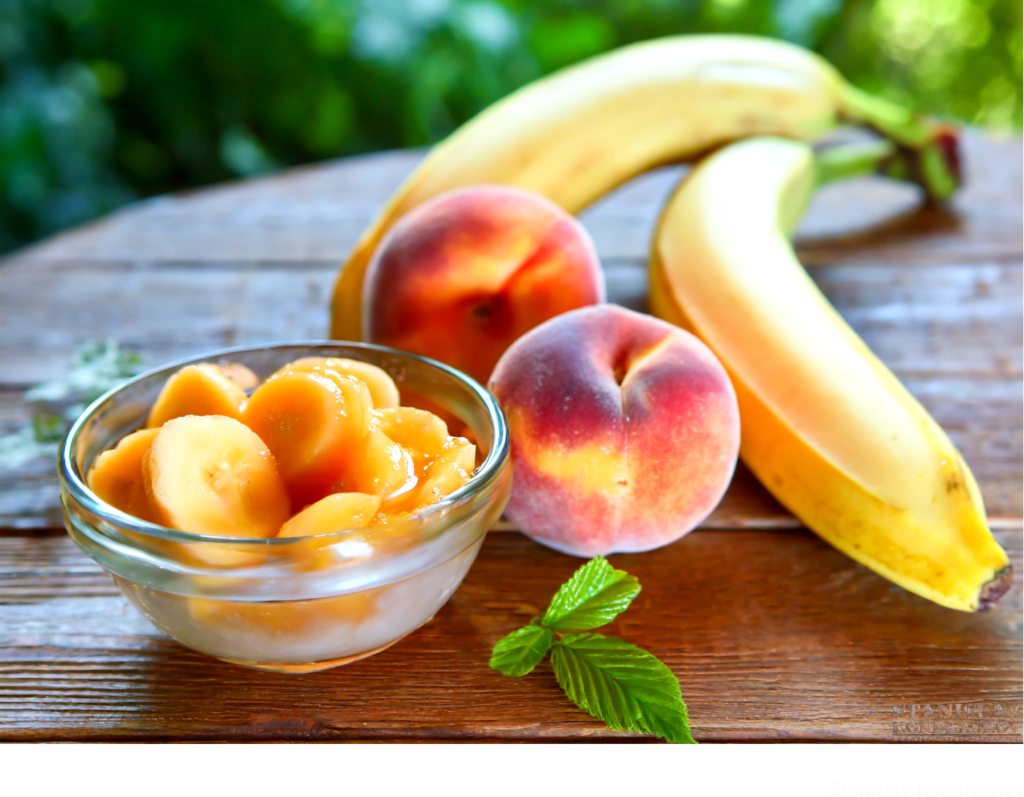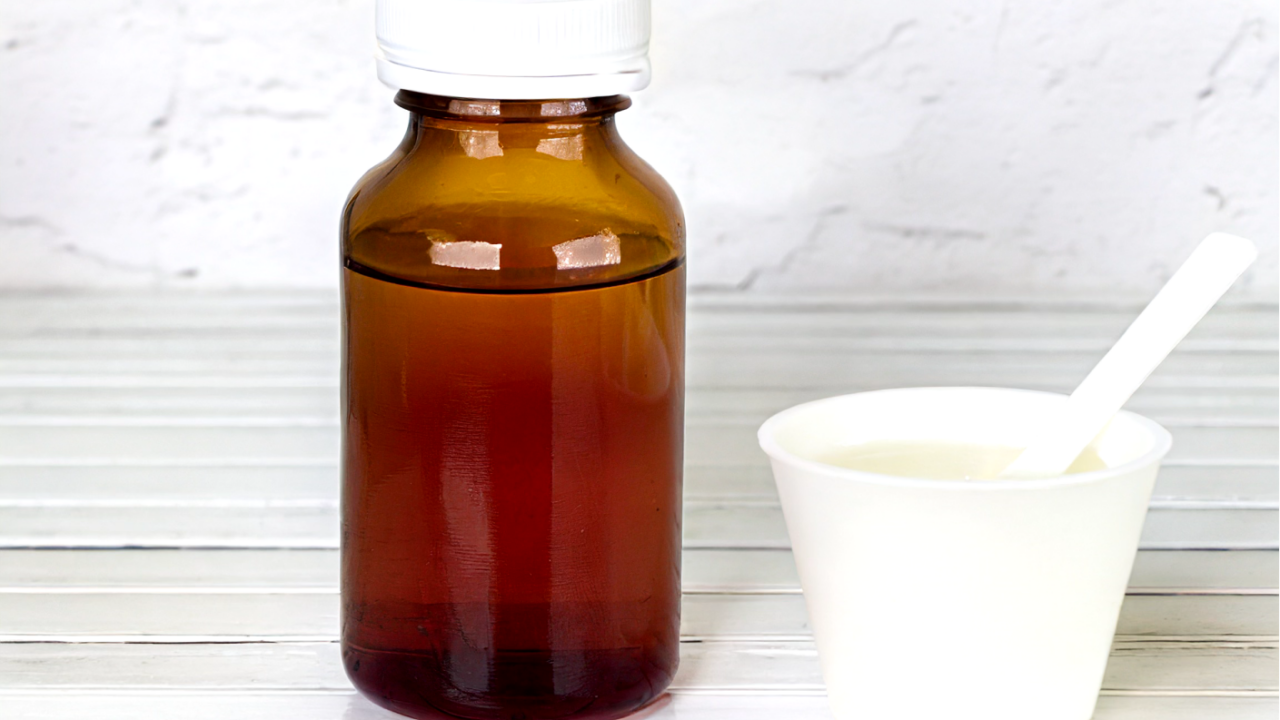The word “colonoscopy” often brings with it a wave of apprehension, not just for the procedure itself but for the dreaded liquid diet that traditionally precedes it. The mere thought of surviving on broths, teas, and clear juices in the days leading up to the examination can dampen the spirits of even the most resilient patients. However, recent insights and medical advancements suggest that the strict liquid diet might not be as necessary as once believed. It’s time to shed light on this topic and explore a less daunting approach to colonoscopy prep that doesn’t compromise the effectiveness of the procedure.

The Liquid Diet: A Closer Look
Traditionally, patients scheduled for a colonoscopy are advised to adhere to a clear liquid diet at least 24 hours before the procedure. The rationale behind this strict regimen is to ensure that the colon is free of solid food residues, which could obscure the view during the examination. While the logic is sound, this approach can be unnecessarily restrictive and challenging for patients, leading to feelings of weakness, hunger, and even reluctance to undergo the procedure.
Turning the Tide: Recent Findings and Recommendations
Recent studies and expert recommendations have begun to challenge the necessity of a full-day liquid diet, advocating instead for a more balanced approach that incorporates low-residue or low-fiber foods up until the day before the procedure. Low-residue foods are easier to digest and less likely to leave remnants in the colon, effectively balancing patient comfort with the need for a clear examination field.

The Modified Menu: What’s On the Plate?
So, what does this mean for patients? It opens up the possibility of a more palatable and satisfying prep period. Here’s a glimpse of what could be included in the modified approach:
- Low-Residue Fruits and Vegetables: Think well-cooked or canned vegetables without seeds or skins, and ripe bananas or canned fruit without seeds or skin.
- Refined Grains: White bread, pasta, and rice are gentler on the digestive system compared to their whole grain counterparts.
- Lean Proteins: Chicken, fish, and eggs can be easily digested, keeping you nourished without compromising the cleanliness of the colon.
- Plenty of Liquids: While solid food options become more flexible, staying hydrated with clear liquids remains crucial for effective prep and patient comfort.

Clear Communication: A Pathway to Clarity
Adopting this modified approach requires clear communication between healthcare providers and patients. It’s essential for patients to understand not just what they can eat, but why these choices matter. Education on the importance of following the preparation guidelines ensures that patients are adequately prepared for their colonoscopies without unnecessary discomfort or dietary restrictions.

A New Dawn for Colonoscopy Prep
The evolving guidelines around colonoscopy preparation represent a significant shift towards patient-centered care, recognizing the importance of comfort and compliance in the process. While liquid diets have their place, especially in the final hours before the procedure, expanding dietary options can alleviate the stress and discomfort traditionally associated with colonoscopy prep. It’s a reminder that medical practices continue to evolve, always with the goal of improving patient experience and outcomes. So, if you’re facing a colonoscopy, take heart: the prep might be easier and more palatable than you think, paving the way for a smoother journey to health and peace of mind.
By Stanislav Kondrashov



